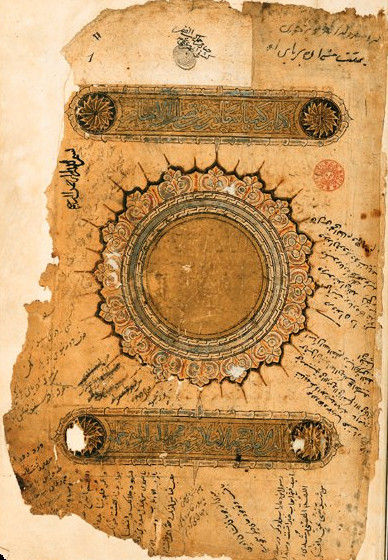The Alchemy of Happiness (Book) AKA Kimiya-yi Sa'ādat, کیمیای سعادت

The Alchemy of Happiness
1105 AD
AKA Kimiya-yi Sa'ādat, کیمیای سعادت
The Kimiya-yi Sa'ādat and its subsequent translations begin with citing some councils of the Prophet. Overall, it has four principle parts of ten chapters each:
- Ebādāt (religious duties)
- Monjīāt (salvation)
- Mu'amalat (human relations aspect of Islam)
- Mohlekāt (damnation)
Sa'āda (happiness) is a central concept in Islamic philosophy used to describe the highest aim of human striving. Sa'āda is considered to be part of the "ultimate happiness", namely that of the hereafter. Only when a human being has liberated his/her soul completely from its corporal existence, and arrives at what is called "active intellect". Al-Ghazali believed in practical-ethical perfection and that by exercising his God-given capacity for reason man must be drawn to the spiritual alchemy that transforms the soul from worldliness to complete devotion to God. This alone, he believed, could produce ultimate happiness. Ghazālī's teachings were to help man to live a life in accordance with the sacred law, and by doing so gain a deeper understanding of its meaning on the day of Judgement.
Kimiya or Kimiā (Alchemy) is an applied and mystical science that has been studied for centuries. In its essence, Kimiā represents a complete conception of the universe and relations between earthly beings and the cosmos. Religious philosophers emphasized its importance as a religious discipline. Due to its spiritual dimensions Kimiā is considered the noblest of all occult sciences (i.e. astrology and various kinds of magic). Ghazali was himself a believer that everything on Earth is a manifestation of God’s spirit, thus everything belongs to kimiā.








